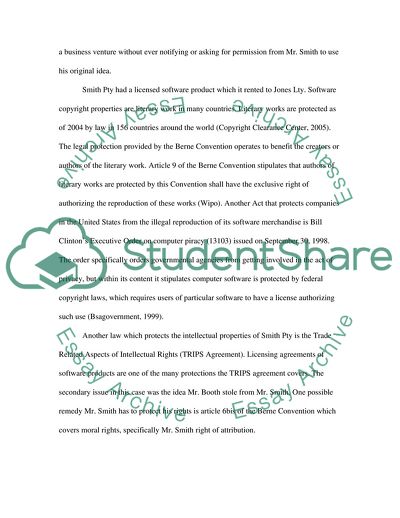Cite this document
(International Business Law and Ethics Case Study, n.d.)
International Business Law and Ethics Case Study. https://studentshare.org/law/1709265-international-business-law-and-ethics
International Business Law and Ethics Case Study. https://studentshare.org/law/1709265-international-business-law-and-ethics
(International Business Law and Ethics Case Study)
International Business Law and Ethics Case Study. https://studentshare.org/law/1709265-international-business-law-and-ethics.
International Business Law and Ethics Case Study. https://studentshare.org/law/1709265-international-business-law-and-ethics.
“International Business Law and Ethics Case Study”. https://studentshare.org/law/1709265-international-business-law-and-ethics.


